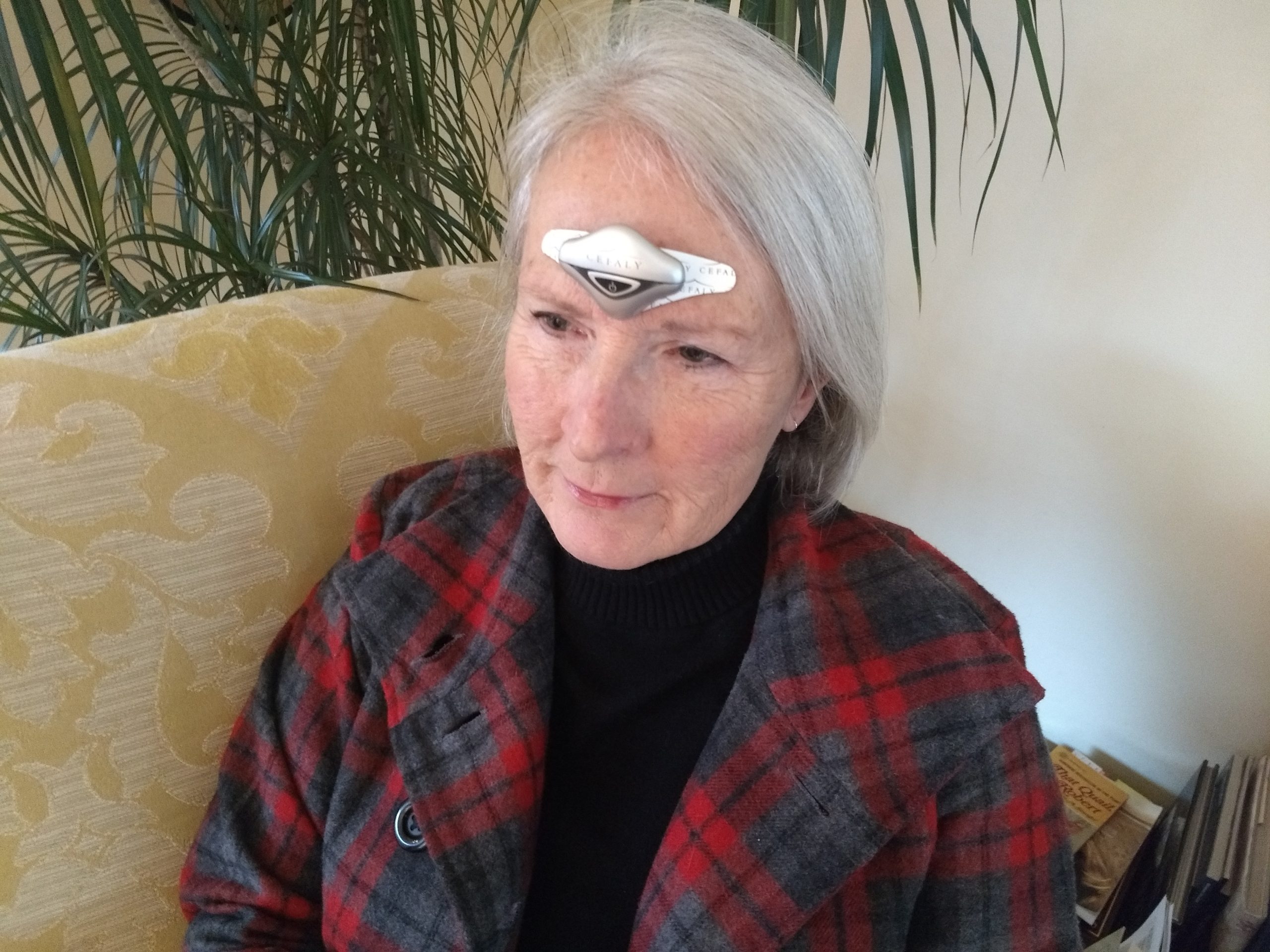The transition to college is a period of significant change. Students often move into a completely different environment and adjust to new school and social pressures. The sudden independence is exciting, but it can often feel overwhelming and challenging, especially when students have an existing condition like migraines. If students experience too much stress, it could negatively impact their mental health or trigger more migraines.
Students should prioritize their mental health during college. Taking care of your mental health boosts self-esteem, life satisfaction and overall well-being. A positive mental state makes it easier to succeed in college and can help you cope with migraine.
Learn how to take care of your mental health as a student.
8 Mental Health Tips for College Students
College is busy, but it’s important to find time for self-care. Here are eight tips to maintain your mental health during college.
1. Take Care of Your Health
Physical and mental health go hand in hand. If you don’t take care of your physical health, your mental health will suffer, and vice versa. Two key components of physical well-being are proper nutrition and exercise. These factors also help with psychological health. As your body begins to feel better, your brain will feel the difference, too.
Physical exercise releases endorphins, which can relieve feelings of anxiety and depression. It also gives you a positive outlet to work through negative emotions rather than dwelling on them. And eating healthy, regular meals boosts brain activity and helps you maintain energy levels throughout the day. Regular exercise and healthy food choices can also reduce migraine frequency.
You can make healthy physical choices while on campus in several ways, like:
- Visiting an on-campus gym
- Walking to class and other destinations for exercise
- Implementing more fruits and vegetables into your diet
- Getting at least eight hours of sleep each night
2. Practice Time Management
Time management skills can also help mental health in college students. Success in academics relies on time management. As students face more challenging classes and increased assignments, they might become overwhelmed and forget scheduling skills. You could forget assignments or fail to study enough for an upcoming exam. Poor grades can also affect mental health negatively.
You can use many strategies to improve your time management skills. Here are some ideas:
- Downloading a time management app
- Using a planner or calendar to keep track of due dates and exams
- Establishing a daily schedule
A consistent schedule can also help reduce migraine attacks.
3. Build a Support Network
Having a support network of friends, classmates and mentors can also help your mental health. Reaching out to others helps you feel less alone, especially because other college students likely share some of your struggles. Building relationships with others can also help you feel more at home in your new environment.
Some students find it challenging to make new friends on campus, which can also lead to feelings of depression or anxiety. If you want to build a support network, try introducing yourself to your dorm neighbors and classmates or at club meetings and social outings.
4. Avoid Drugs and Alcohol
Many people view partying as integral to the college experience, but drugs and alcohol can worsen mental health. Using drugs or alcohol to cope with negative feelings can create more problems. Even if you gain short-term relief from symptoms, using substances could lead to dependency issues. And for some people, alcohol use is a migraine trigger.
To avoid potential migraines or negative mental health outcomes, try limiting your alcohol and drug use wherever possible.
5. Reward Yourself

Giving yourself rewards is another way to improve mental health. Getting through college is a huge achievement, and you shouldn’t take it lightly. By showing yourself appreciation, you can boost self-esteem and develop a more positive outlook on your college life.
You could reward yourself after a tough exam, a challenging week or just when you feel like it. Treat yourself to something like:
- Your favorite meal
- Ice cream or another dessert
- A study-free night or weekend
6. Get Involved
An additional mental health helper is staying busy and fulfilled with other activities. Joining campus clubs and volunteer organizations can make you feel more involved with your college’s community. The more comfortable you feel, the less likely you’ll develop symptoms of anxiety or depression. Getting involved in your community also allows you to make new friends and grow your support network.
Try joining clubs or organizations that align with your interests. Most campuses have a wide range of available groups, from writing poetry to playing basketball.
7. Make Time for Rest
Resting is essential for overall health. Without enough sleep and relaxation, we can become exhausted or experience feelings of burnout. College students often neglect sleep or get less than the necessary amount. Whether they stay up to cram before a test or have a late night out with friends, students frequently don’t get enough sleep. Insufficient sleep can also increase migraine attacks.
Try to prioritize sleep as much as you can. A few nights without a full night’s sleep is typical in college, but strive to get eight hours on most nights. To get a better night’s sleep, limit screen time, caffeine and alcohol an hour before bed.
8. Reach out for Help
Lastly, it’s important to ask for help when struggling with mental health or migraine. Depression and anxiety can induce feelings of loneliness, making it seem like no one cares about you. But if your mental health feels difficult or impossible to manage, know you deserve and can find help.
You can reach out to:
- On-campus counseling services
- Online or teletherapy
- Friends and family
- Professors or mentors
- On-campus physicians
Asking for help and getting support from loved ones and licensed professionals can help you improve your mental health. They can give you strategies for managing negative emotions. Having adequate access to therapy is one of the best ways to improve mental health on college campuses.
Are You Seeking Migraine Relief?
If you’re a college student, you’ll want to prioritize your mental health, especially if you also experience migraines. Focusing on your mental well-being can relieve stress and decrease migraine frequency. For more migraine relief, consider CEFALY’s Connected device today. You can use CEFALY daily as a preventative treatment or during a migraine attack for pain relief.
CEFALY is portable, making it easy to pack for your move to college. With preventative relief, you can enjoy college more fully without the fear of migraines. Purchase CEFALY today.















